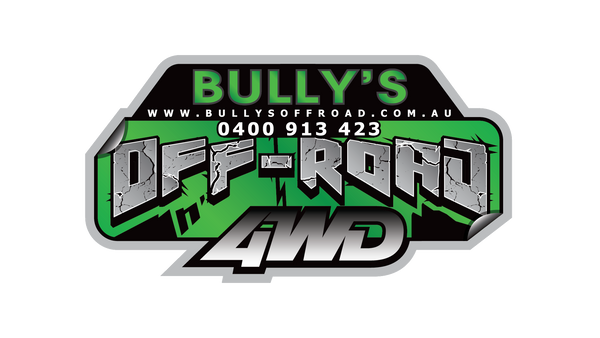Will Upgrading My Suspension Affect My Vehicle Warranty or Insurance?
Upgrading your suspension can transform the way your vehicle handles, rides, and performs—especially if you’re after better off-road capability, towing stability, or improved comfort. But before you start ordering new shocks, springs, or lift kits, there’s one important question to ask:
Will upgrading your suspension affect your warranty or insurance?
Let’s break it down.
1. How Suspension Upgrades Can Affect Your Vehicle Warranty
If your car is still under a manufacturer’s warranty, modifying the suspension can affect certain parts of that coverage—but not necessarily all of it.
Here’s how it usually works:
-
The warranty won’t automatically be voided.
Manufacturers can’t cancel your entire warranty just because you’ve modified your car. However, if your suspension upgrade causes or contributes to a problem, repairs related to that issue may not be covered. -
Only related components are affected.
For example, if you install aftermarket coilovers and later experience a failure in your suspension bushings or mounts, the manufacturer might deny that specific repair under warranty.
But unrelated issues—like an electrical fault or transmission problem—should still be covered. -
OEM-approved parts are safer.
Some manufacturers offer performance or off-road suspension upgrades through their dealer network. Using these parts is the safest way to ensure your warranty remains intact.
✅ Tip: Before upgrading, talk to your dealer or check your warranty terms. Ask in writing whether the specific suspension modification will affect your coverage.
2. The Impact on Your Vehicle Insurance
Insurance companies care about any modification that alters your vehicle’s handling, ride height, or value.
Here’s what to keep in mind:
-
You must declare all modifications.
Failure to inform your insurer about suspension changes can lead to denied claims or even policy cancellation. Always disclose upgrades like lift kits, lowering springs, or performance shocks. -
Premiums might change.
Depending on your insurer, suspension mods can be viewed as a performance enhancement or off-road modification, which could increase premiums.
On the other hand, if your upgrade improves stability or safety, some insurers may not increase your rate significantly. -
Vehicle certification matters.
In Australia (and most regions), major suspension changes—like a significant lift or drop—may require engineering certification or roadworthy approval. Without it, your insurance could be invalid in the event of an accident.
✅ Tip: Always get your suspension upgrade installed and certified by a licensed workshop. Keep all documentation for your insurer.
3. Balancing Performance, Compliance, and Peace of Mind
A well-chosen suspension upgrade can make your vehicle safer, more comfortable, and better suited to your driving needs. Just make sure you:
-
Use quality, road-legal components
-
Have the installation done by a qualified technician
-
Inform your insurer and dealer before making the changes
-
Keep all receipts and certificates handy
That way, you’ll enjoy the benefits of your upgraded suspension—without any unwanted surprises when it comes to warranty or insurance.
Final Thoughts
Upgrading your suspension doesn’t automatically void your warranty or insurance—but it does come with responsibilities.
By being upfront with your dealer and insurer, and ensuring your modifications are legal and professionally installed, you can enhance your vehicle’s performance while staying fully protected.

